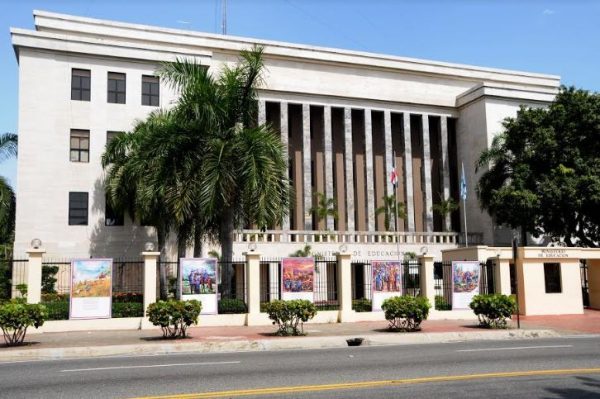While looking for something else I found this interesting article.
https://www.heritage.org/education/report/the-myth-racial-disparities-public-school-funding It is off topic so not a subject for discussion. I believe school funding is close to adequate for the DR if the funding is allocated better. The real problem is the quality of the teaching and the method used. Also because teaching is one of the better paid jobs within government in the DR and requiring as little as two years of education, many of those that become teachers have no real interest in teaching and it isn't a vocation for them, simply a pay cheque with a government pension.
By funding, I mean providing teachers with methodology classes and access to professional development. Providing access to something as simple as a basic photocopier could free up time for teachers to access PD or spend their time more efficiently.
I mean spending the money on public campaigns about the value of education, not throwing garbage on the corner, and teaching parents who can’t read.
While I did take the time to read your article Bob, I cannot say that I agree. First of all, it focuses on racial inequalities in the US between white, Hispanic, Asian, and black students. It does not provide data from any other countries.
The comparison is flawed. In a poor district where kids go to school without food, a huge part of the budget might go to a breakfast and/or lunch program as opposed to a Science lab. When kids don’t eat, they don’t learn. So a trade off happens that isn’t always properly addressed in public education studies.
It also doesn’t consider the fact hiw allocation of funding is often a problem. As an example, the Canadian province of Alberta has a special organization for all of its school division superintendents called CASS (College of Alberta School Superintendents) This creates a top heavy, bureaucratic system that serves no real necessary purpose besides more money in the pockets of those officials. So, we have superintendants making 6 figures already receiving public education funding for their little club. Other provinces function just as well without such organizations specifically for their superintendants.
My point is: Public education funding can appear to be properly allocated when it’s spent on nonsense. In the big picture it looks to be nicely wrapped up in a bow with whatever percentage spent nationally. But that money ends up funding a school superintendents trip to Miami for a conference rather than fixing the taps in the girls bathroom in Pedro Brand (Or Calgary for that matter).


